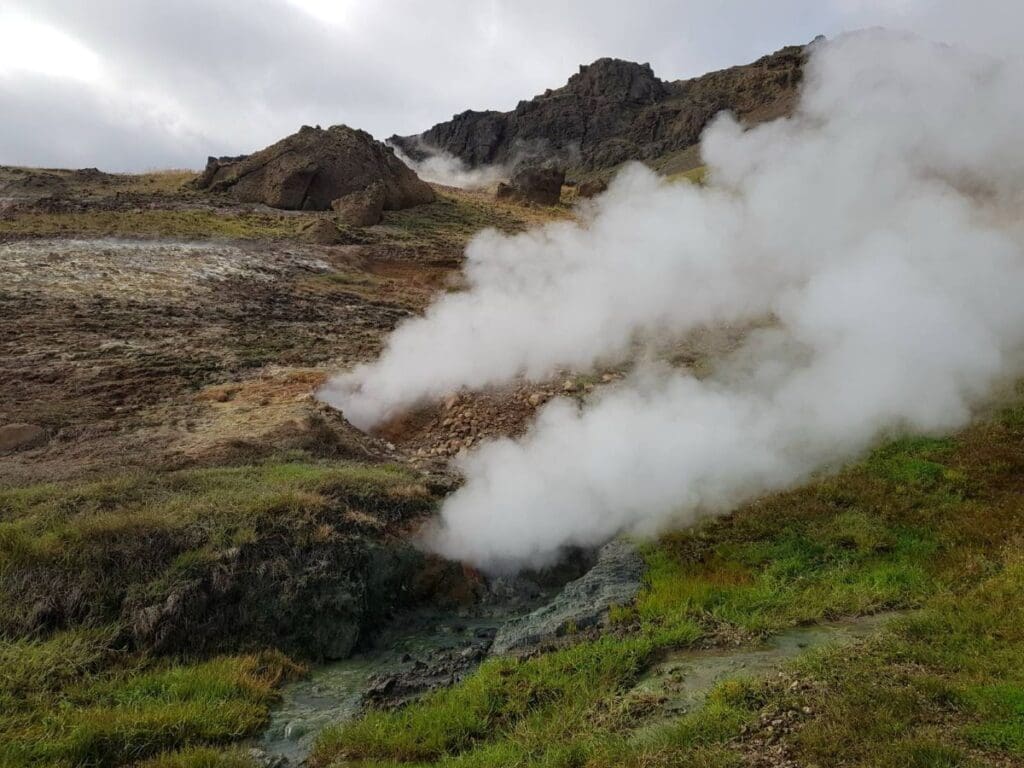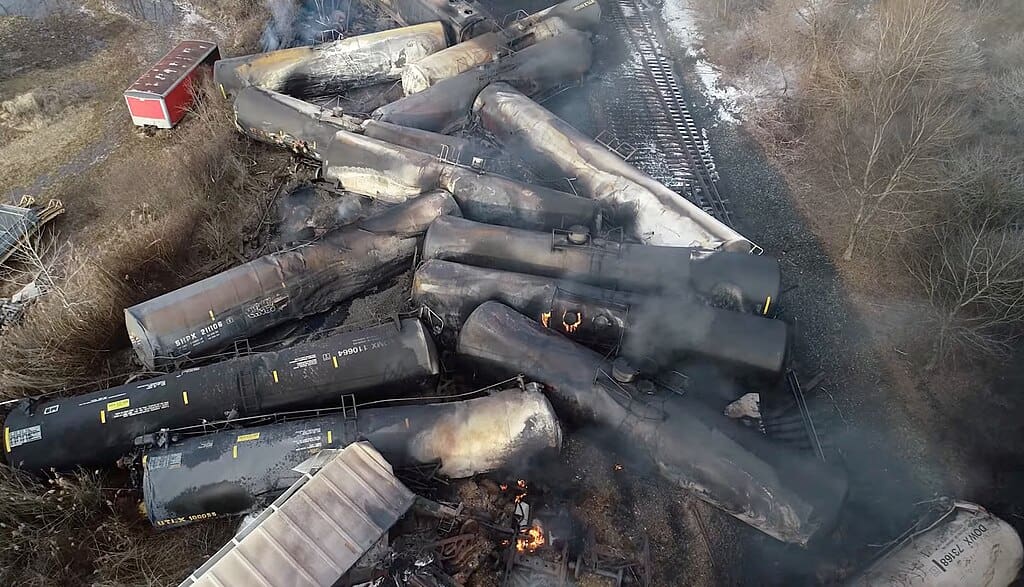A new study led by researchers at the Centre for Microbiology and Environmental Systems Science (CeMESS) at the University of Vienna has revealed a surprising twist in the relationship between global warming and soil microbial activity. Contrary to previous assumptions, warmer soils don’t just boost the growth of existing microbes but unveil a hidden diversity of active bacteria, as published in Science Advances.
The significance of this discovery extends far beyond scientific curiosity, as it challenges conventional understanding of how soil microbes influence the global carbon cycle and, consequently, climate change dynamics. Lead author Andreas Richter, alongside his team, delved into the intricate world of soil microbiology to uncover this unexpected phenomenon.
“Soils are Earth’s largest reservoir of organic carbon,” Richter emphasizes, underlining the pivotal role of microorganisms in dictating the fate of this carbon. Until now, it was widely believed that rising temperatures would accelerate microbial growth, leading to increased carbon release into the atmosphere — a concerning feedback loop exacerbating global warming.
However, the study conducted by Richter’s team in a subarctic grassland in Iceland, which has experienced decades of geothermal warming, painted a different picture. By employing advanced isotope probing techniques and meticulously analyzing soil samples, they found that while warmer temperatures did indeed boost microbial activity, it was the diversity of active bacteria that stood out as the game-changer.
Dennis Metze, the first author of the study, notes: “Warmer soils exhibited a more varied array of active microbial taxa, despite similar growth rates to those in normal temperatures.” This revelation challenges long-held assumptions about microbial responses to climate change and highlights the complex interplay between soil bacteria and environmental conditions.
Christina Kaiser, an associate professor at the Centre, underscores the significance of this finding in refining climate models. “Traditionally, soil microbiology has been a ‘black box’ in climate modeling due to its complexity,” she explains. “But this study provides valuable insights into the diverse microbial responses to warming, paving the way for more accurate predictions of carbon cycling in a changing climate.”

Indeed, understanding how soil microbial communities adapt to rising temperatures is crucial for anticipating future carbon dynamics and devising effective climate mitigation strategies. The study’s findings shed light on the intricate mechanisms at play beneath our feet, offering hope for more informed environmental stewardship in the face of global warming’s daunting challenges.
Journal Reference:
Dennis Metze et al. ‘Soil warming increases the number of growing bacterial taxa but not their growth rates’, Science Advances 10, eadk6295 (2024). DOI: 10.1126/sciadv.adk6295
Article Source:
Press Release/Material by University of Vienna
Featured image credits: DejaVu Designs | Freepik.com




